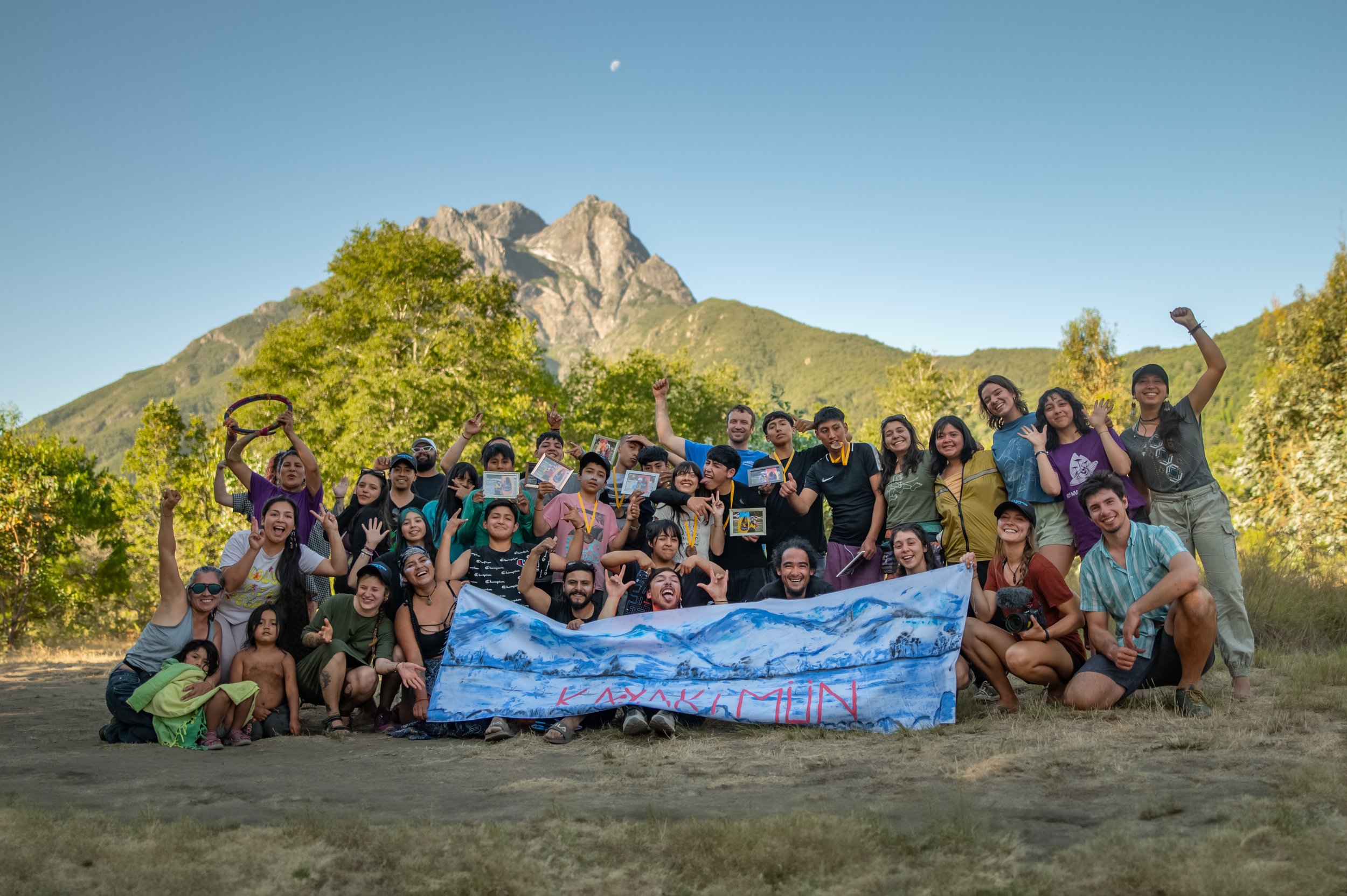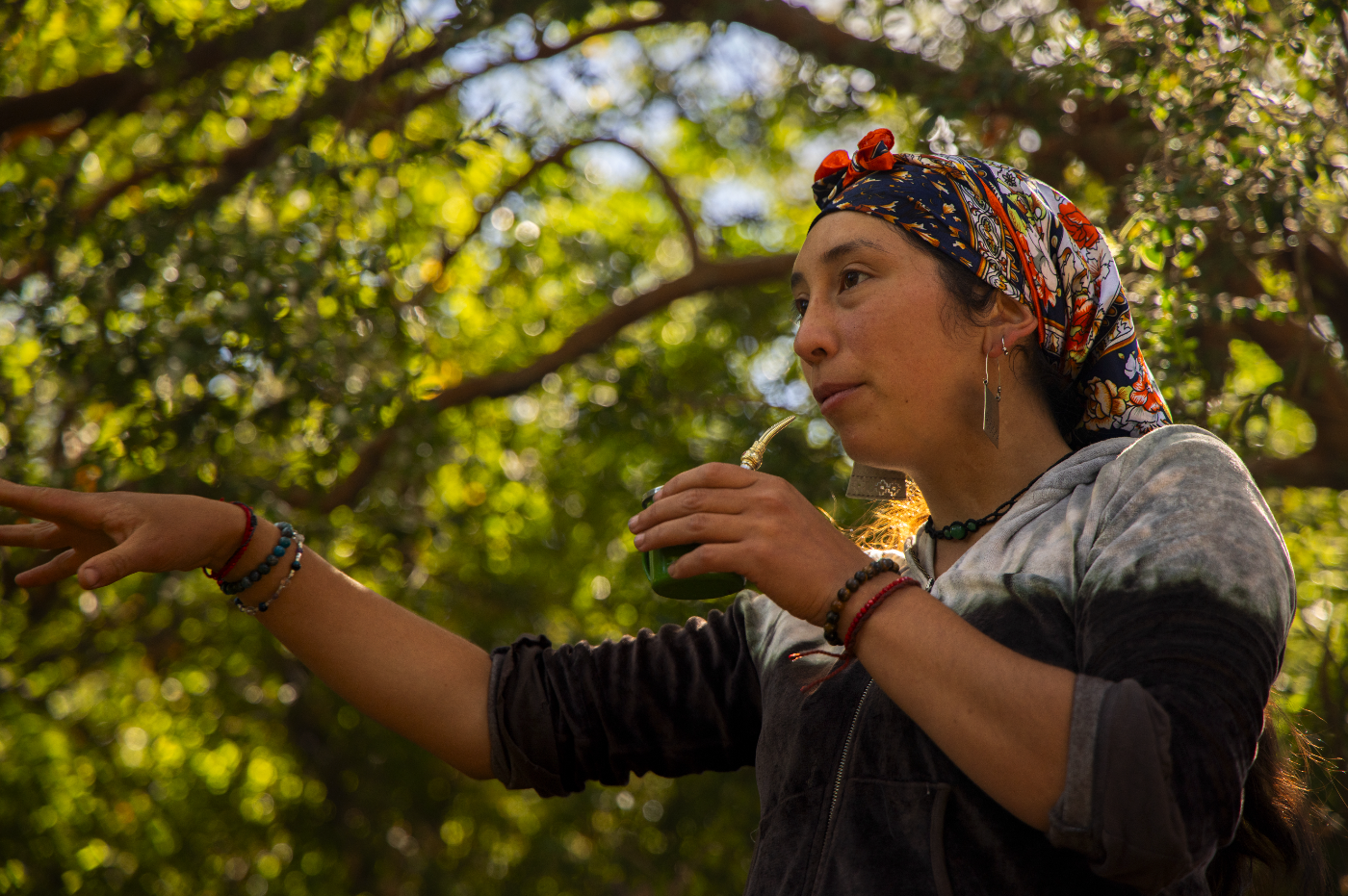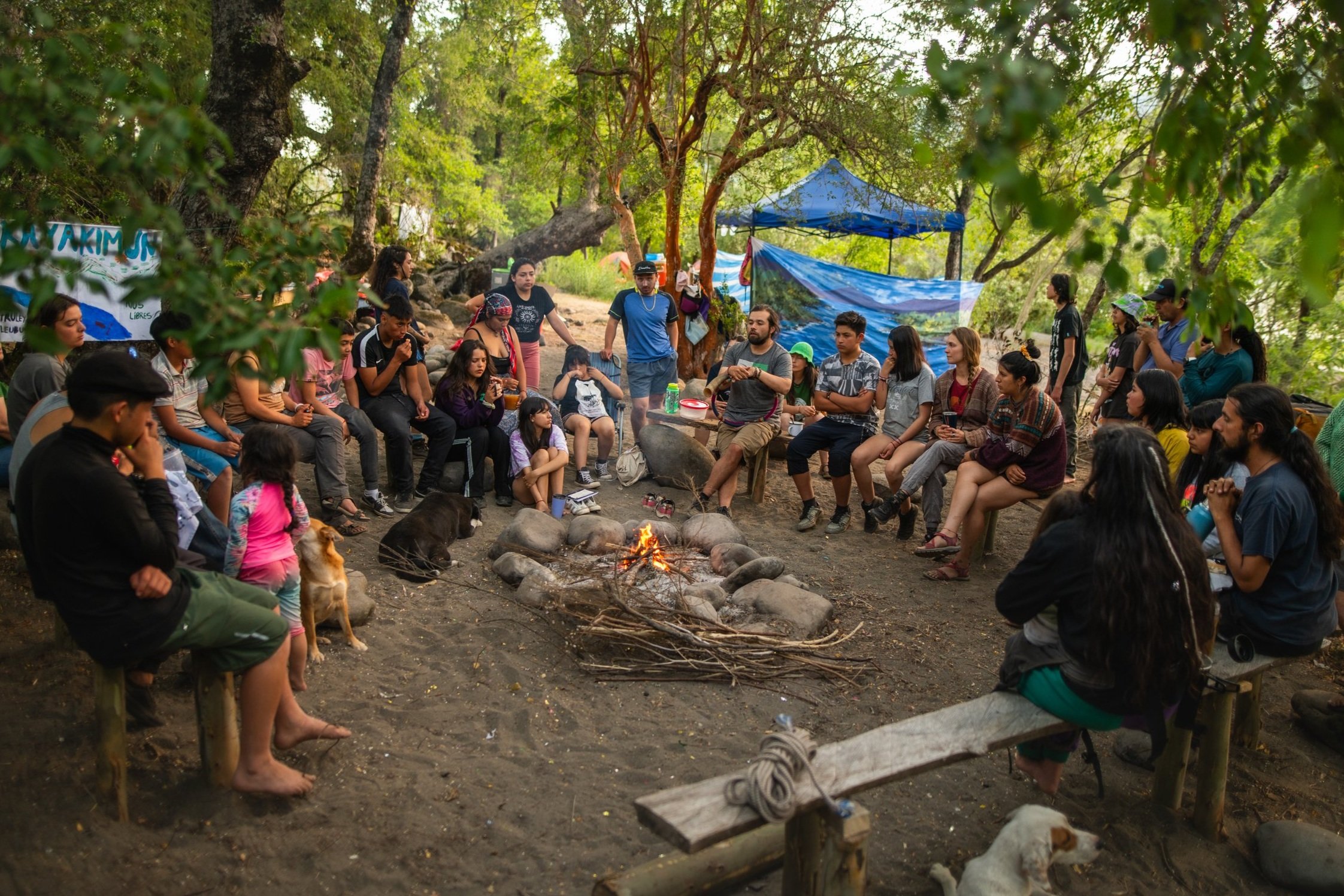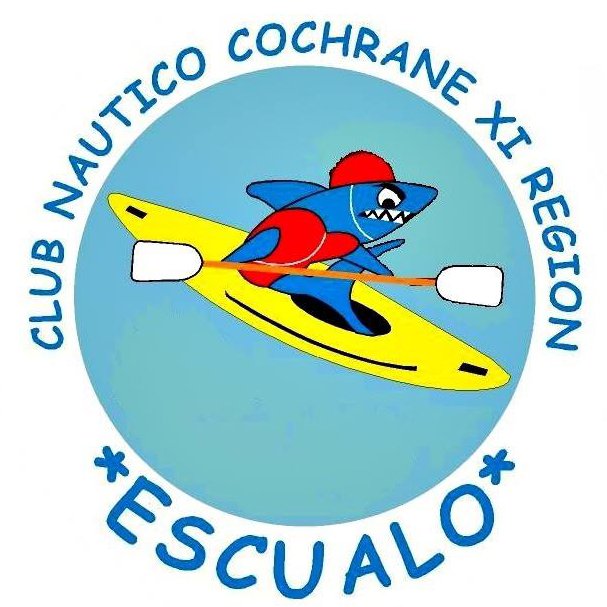
Kayakimün 2024 Update
Kayakimün Program 2:
Revitalizing the Biobío River in Chile
For two and a half weeks in January 2024, Mapuche-Pehuenche youths and adults gathered on the BioBio to learn kayaking, rafting, cultural values, and leadership skills. This was the second annual gathering for the Kayakimün Program. The first program in February of 2023 launched Kayakimün’s first two-week program on the Biobío River in Chile. This program is the result of the enthusiastic collaboration and commitment of many community members and provides training in whitewater kayaking, river stewardship, and environmental advocacy for Mapuche-Pehuenche youth. Check out below to see what we did during our program this year!
Kayaking, rafting, and pack rafting on the Biobío River
The Biobío River in Chile offers some of the best whitewater in the world for learning kayaking and rafting. Kayakimün views whitewater training as a valuable tool that can deepen the cultural connection that Indigenous youth have to their river, provide a healthy outlet for adolescents in a globalized world, form a platform to advocate for nature and Indigenous rights, and even create employment opportunities on the river. In our experience, smiles, laughter, and enthusiasm are some of the world’s most POWERFUL tools for change!
Youth Workshops on sexual health & identity, and alcohol and drug use
Our students are at a crossroads in their adolescent lives. In an increasingly globalized world, Indigenous youth are especially vulnerable to these topics and often do not receive a formal education surrounding them. Ríos to Rivers is proud to be able to respond to the requests of families to support these much-needed workshops in the Kayakimün curriculum. Kayakimün is an opportunity to learn far more beyond kayaking and conservation. By learning to discover oneself and ask questions in a non-judgemental environment, we find students often undergo a profoundly positive change as they become more thoughtful, compassionate, and resilient.
CPR & Swift Water Rescue training
CPR and Swift Water Rescue are valuable skills for young paddlers and river inhabitants. In the last twenty years, fishermen and community members have fallen prey to changing water levels because of unpredictable dam releases. One of the main goals of Kayakimün is that students leave the program with a safety-first attitude as well as the skills to back it up.
Exploring Mapuche Cosmovision & Philosophy
“Kayakimün” means “kayak knowledge” in the Mapuche language, Mapudungun. But kayaking is far from the only knowledge set honored within Kayakimün. Celebrating cultural connection and revitalization is the spark that makes this program unique. Kayakimün is oriented toward the Mapuche cosmovision which allows it to be guided by a sacred feminity and a nature-honoring approach. Every morning, students participate in a ritual to greet the river and land. Throughout the program, students partake in conversations led by community elders to discuss the traditions and nuances of this ancient spiritual system.
Co-living in a community
“Auto-eficacia” (self-efficacy) is one of the main pillars of Kayakimün. This means that when something needs doing, you don’t just wait around for someone else to do it. When living in a communal environment, everyone needs to pitch in, whether it is cooking, recycling, conserving water, or replacing the toilet paper. It is part of becoming a functional adult and being a team member. The campsite we use is managed by the local Indigenous community, and we strive to leave it cleaner and better than when we arrived.
Crossing paths with Ríos to Rivers’ Bolivian and USA programs
The Biobío River is the home river for Kayakimün students. However, this January and Febuary, the river also hosted Ríos to Rivers’ other two programs– the Amazonian Rivers Initiative, focused on river advocacy for Indigenous youth in Bolivia, and Paddle Tribal Waters’ (PTW) American semester program with World Class Kayaking Academy. Normally taking place in their respective countries, having all three programs in the same place at the same time allowed for powerful interactions where an immense amount of collective knowledge was accessed and shared along the banks of the Biobío River, cross-fertilizing experiences and passion for protecting rivers.
Becoming capable young adults
Throughout the program, students are challenged to take on the roles of adults, whether it is leading closing ceremonies and words of gratitude each day, organizing student meetings, or taking charge of daily chores. Through these tasks, students gain confidence in speaking, sharing, and expressing themselves publicly, learn to be accountable for their actions, and break habits of procrastination or laziness as they seize the day ahead.
All photos are courtesy of Felipe Zanotti































